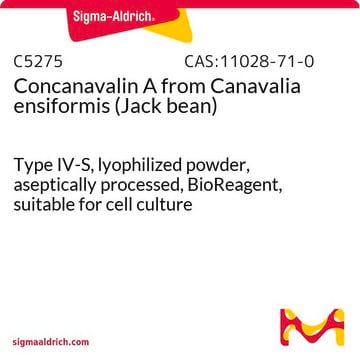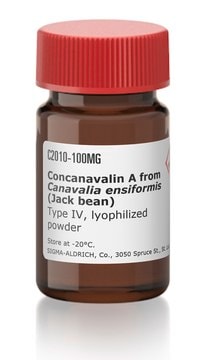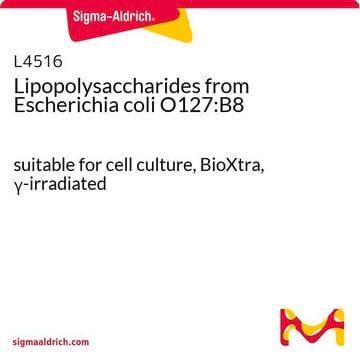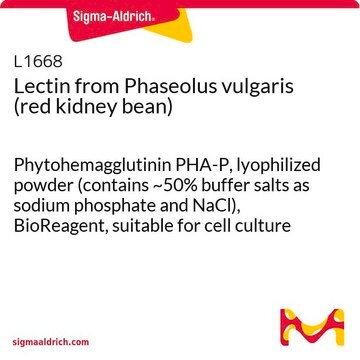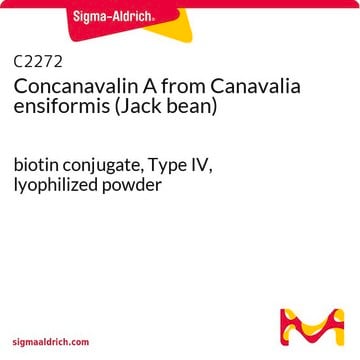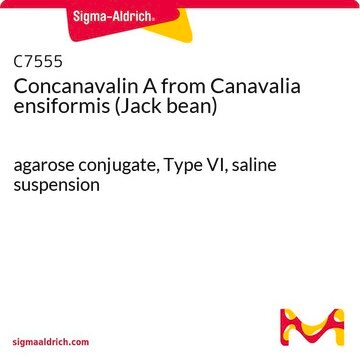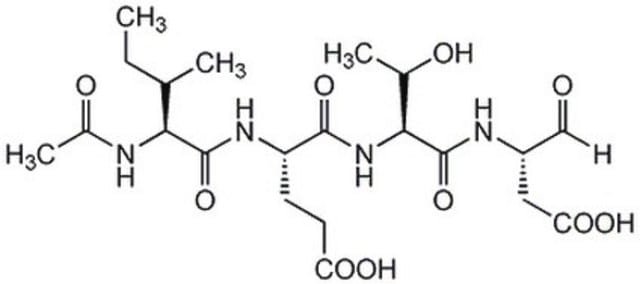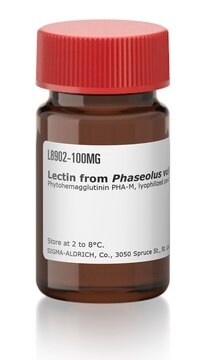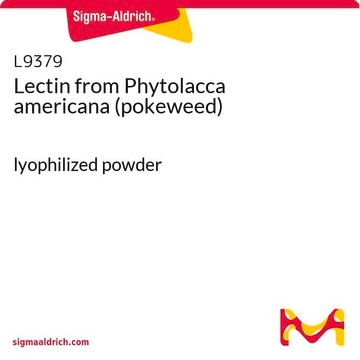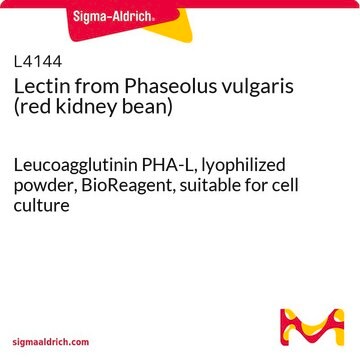C0412
Concanavalin A from Canavalia ensiformis (Jack bean)
Type IV-S, lyophilized powder, γ-irradiated, BioReagent, suitable for cell culture
Synonym(s):
Con A
About This Item
Recommended Products
Quality Level
sterility
γ-irradiated
type
Type IV-S
product line
BioReagent
form
lyophilized powder
technique(s)
cell culture | mammalian: suitable
impurities
salt, essentially free
solubility
PBS: 5 mg/mL, slightly hazy
H2O: soluble, slightly hazy
storage temp.
−20°C
Looking for similar products? Visit Product Comparison Guide
Application
- to induce spleen blastogenesis
- to generate ConA blast targets from B6 and lpr spleen cells
- to stimulate splenic lymphocytes from estrogen-and placebo-treated mice
Biochem/physiol Actions
Analysis Note
Signal Word
Danger
Hazard Statements
Precautionary Statements
Hazard Classifications
Repr. 2 - Resp. Sens. 1 - Skin Sens. 1
Storage Class Code
11 - Combustible Solids
WGK
WGK 3
Flash Point(F)
Not applicable
Flash Point(C)
Not applicable
Personal Protective Equipment
Certificates of Analysis (COA)
Search for Certificates of Analysis (COA) by entering the products Lot/Batch Number. Lot and Batch Numbers can be found on a product’s label following the words ‘Lot’ or ‘Batch’.
Already Own This Product?
Find documentation for the products that you have recently purchased in the Document Library.
Customers Also Viewed
Our team of scientists has experience in all areas of research including Life Science, Material Science, Chemical Synthesis, Chromatography, Analytical and many others.
Contact Technical Service